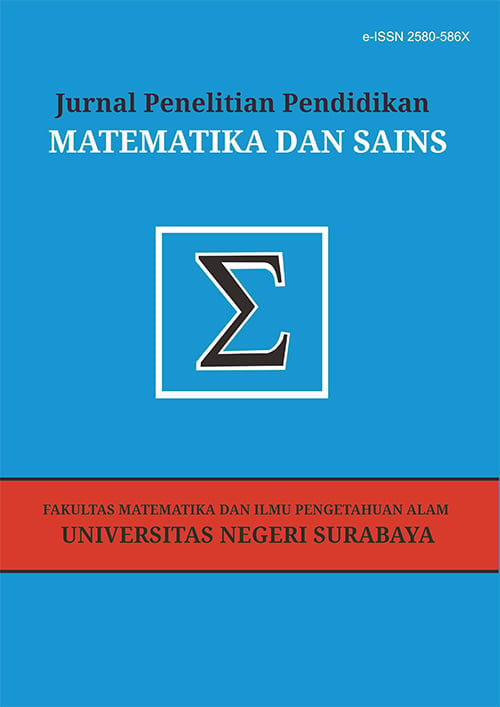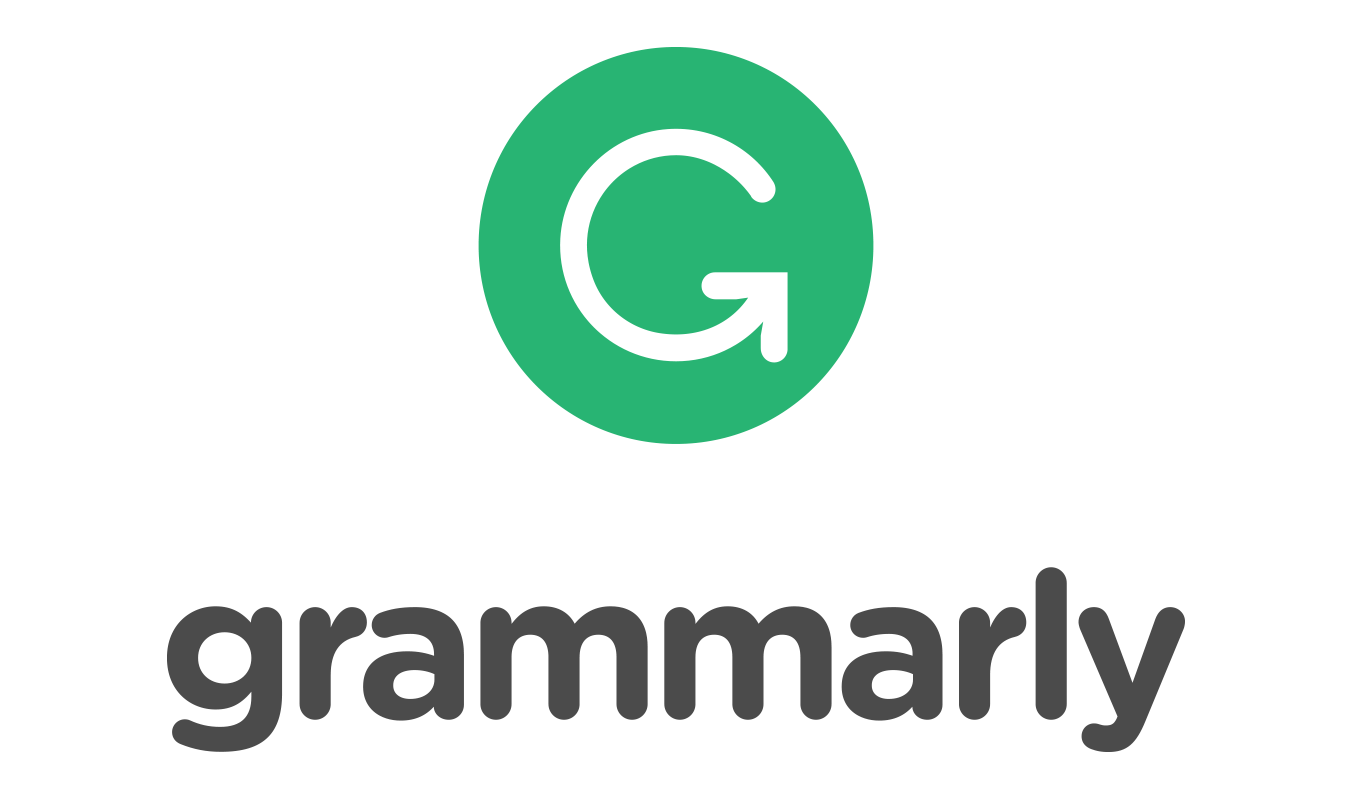Profil Berpikir Kritis Siswa Dalam Memecahkan Masalah Matematika Open Ended Ditinjau Dari Gaya Kognitif Field Dependent-Independent
DOI:
https://doi.org/10.26740/jppms.v5n1.p19-25Abstract
Abstrak ” Tujuan penelitian ini adalah mendeskripsikan profil berpikir kritis siswa dengan gaya kognitif field dependent-independent dalam memecahkan masalah open ended matematika. Metode yang digunakan adalah deskriptif kualitatif yang akan memberikan gambaran profil berpikir kritis siswa dengan gaya kognitif field dependent-independent dalam memecahkan masalah matematika open ended. Subjek yang digunakan pada penelitian ini adalah 2 siswa kelas IX dengan rincian masing-masing 1 siswa gaya kognitif field dependent (FD) dan field independent (FI). Teknik pengumpulan data dilakukan dengan cara tes gaya kognitif GEFT, tes pemecahan masalah matematika (TPMOE) dan wawancara. Data yang diperoleh dianalisis pada setiap tahap pemecahan masalah berdasarkan kriteria berpikir kritis Jacob dan Sam. Setelah diteliti, hasil menunjukkan profil berpikir dua subjek mengenai pemahaman masalah relatif identik. Kedua subjek melaksanakan indikator klarifikasi, namun subjek FD salah dalam menghubungkan antar bagian saat menyelesaikan menggunakan cara ke II. Kedua subjek memenuhi indikator asesmen dan strategi pada saat langkah menyusun rencana. Subjek FI dan FD memberikan alasan yang masuk akal terkait dengan strategi yang dipakai, memilih informasi yang terkait dengan pemecahan masalah, serta dapat memberikan alasan
yang tepat pada setiap langkah. Kedua subjek juga dapat memprediksi hasil dari langkah pengerjaan yang telah dibuat. Saat tahap melaksanakan rencana, kedua subjek menyelesaikan permasalahan sesuai dengan tahap yang telah direncanakan serta bisa membuat konklusi secara tepat. Kedua subjek memeriksa kembali langkah yang telah dilakukan pada langkah memeriksa kembali. Subjek FD kurang teliti saat memahami masalah sehingga berakibat menggunakan cara yang salah pada cara II.
Kata Kunci : Berpikir kritis, pemecahan masalah, field dependent-independent.
Abstract ” The aims of this research is to describe the critical thinking profile of students with field dependent-independent cognitive styles in solving open ended mathematics problems. The method in this research is descriptive qualitative which will produce descriptive data in the form of a description of the critical thinking profile of students with dependent-independent field cognitive style in solving open ended mathematical problems. The subjects were 2 students on 9th grade junior high school with the details of each student is, the first student with field dependent (FD) cognitive style and the second student with field
independent (FI). Data collection techniques were carried out by means of the GEFT cognitive style test, mathematical problem solving test (TPMOE) and interviews. Data were analyzed based on Jacob and Sam's critical thinking criteria at each step of Polya's problem solving. The results showed the profile of thinking
of the two subjects at the same stage on understanding the problem. Both subjects carry out clarification indicators, but the subject FD is wrong in connecting between parts when completing using method II. In the steps of devising a plan the two subjects carry out all the assessment indicators and strategies. Both subjects provide logical reasons related to the strategy used, the selection of relevant information, and can provide the right reasons at each step. Both subjects can also predict the results of the steps that have been made. In the steps of carrying out the plan, the two subjects solve the problem in accordance with the steps that have been planned and can make conclusions correctly. In the step of looking back, the two students evaluate the steps that have been taken. The FD subject was not too careful when understanding the problem so that he use the wrong method on the II method.
Keywords: critical thinking, problem solving, field dependent-independent
References
Al-Absi, M. (2013). The Effect of Open Ended Task-as an Assesment Tool on Fourth Graders Mathematics Achievment, And Assesing Students Prespectives about it. Jordan journal of Educational Sciences, 9 (3), 345-351.
Altun, A., & Cakan, M. (2006). Undergraduate Students Academic Achievement, Field Dependent/Independent Cognitive Styles and Attitude toward Computers. Educational Technology & Society, 9 (1), 289-297.
Andriyani, Astri. (2018). Analisis Kesalahan Siswa dalam Menyelesaikan Soal Cerita pada Materi Program Linear Ditinjau dari Gaya Kognitif
Siswa. Pendekar Jurnal Pendidikan Berkarakter, 1 (1), 16-22.
Cahyani, Hesti dan Ririn Wahyu S. (2016). Pentingnya Peningkatan Kemampuan Pemecahan Masalah melalui PBL untuk Mempersiapkan Generasi Unggul Menghadapi MEA. (Online), (https://journal.unnes.ac.id/sju/index.php/prisma/article/view/21635 ).
Cahyono, Budi. (2017). Analisis Keterampilan Berpikir Kritis dalam Memecahkan Masalah Ditinjau Perbedaan Gender. Jurnal Aksioma, (1), 50-64.
Guisande, Adeline. M. et al. (2007). Field Dependence-Independence (FDI) Cognitive Style: An Analysis of Attentional Functioning. Psichothema, 19, 572-577.
Ismail, dkk. (2018). Critical thinking skills of junior high school female students with high mathematical skills in solving contextual and formal mathematical problems. Journal of Physics: Conference Series.
Ngilawajan, Darma Andreas. (2013). Proses Berpikir Siswa dalam Memecahkan Masalah Matematika Materi Turunan Ditinjau dari Gaya
Kognitif Field Dependent dan Field Independent. (Online),
(http://ojs.umsida.ac.id/index.php/pedagogia/article/view/48/54, diakses 28 Juni 2020)
Polya, G. (2004). How to Solve it: A new Aspect of Mathematical Method. 2nd ed. New Jersey: Princenton University Press.
Prihartini E, Lestari P, Saputri S. A. (2018). Meningkatkan Kemampuan Berpikir Kritis Matematis Menggunakan Pendekatan Open
Ended. (Online), (https://journal.unnes.ac.id/sju/index.php/prisma/article/download/21427/10176/, diakses 2 Februari 2020).
Rasiman & Pramasdyahsari, A. S. (2014). Development of Mathematics Learning Media E-Comic Based on Flip Book Maker to Increase the Critical Thinking Skill and Character of Junior High School Students. International Journal of Education Research, 2 (11), 535-544.
Safi Harisa, dkk. (2018). Berpikir Kritis dalam Pemecahan Masalah Aljabar Linear I Ditinjau dari Kemampuan Awal dan Gaya Kognitif pada Mahasiswa S1 Progrm Studi Pendidikan Matematika Universitas Negeri Makasar. Online, http://eprints.unm.ac.id/11559/1/ARTIKEL.pdf.
Setiawan, Hilmi. (2019). Ranking PISA Indonesia Turun, Dipicu Salah Orientasi Pendidikan. Dalam Jawa Pos, 4 Desember 2019. (https://www.jawapos.com/nasional/pendidikan/04/12/2019/ranking-pisa-indonesia-turundipicu-salah-orientasi-pendidikan/)
Siswono, Tatag Y. E. (2008). Model Pembelajaran Matematika Berbasis Pengajuan Masalah untuk Meningkatkan Kemampuan Berpikir Kreatif. Surabaya: Unesa University Press.
Tisngati, U. (2015). Proses Berpikir Reflektif Mahasiswa dalam Pemecahan Masalah pada Materi Himpunan Ditinjau dari Gaya Kognitif Berdasarkan Langkah Polya. Beta Jurnal Tadris Matematika, 8 (2), 115-124.
Witkin, H. A. dan D. R. Goodenough. (1977). Field Dependence and Interpersonal Behavior. Psychological Bulletin, 84, 661-689.
Woolfolk, A. (2008). Educational Psychology (10th ed). Boston, MA: Allyn & Bacon.
 Abstract views: 742
,
Abstract views: 742
, PDF Downloads: 474
PDF Downloads: 474








